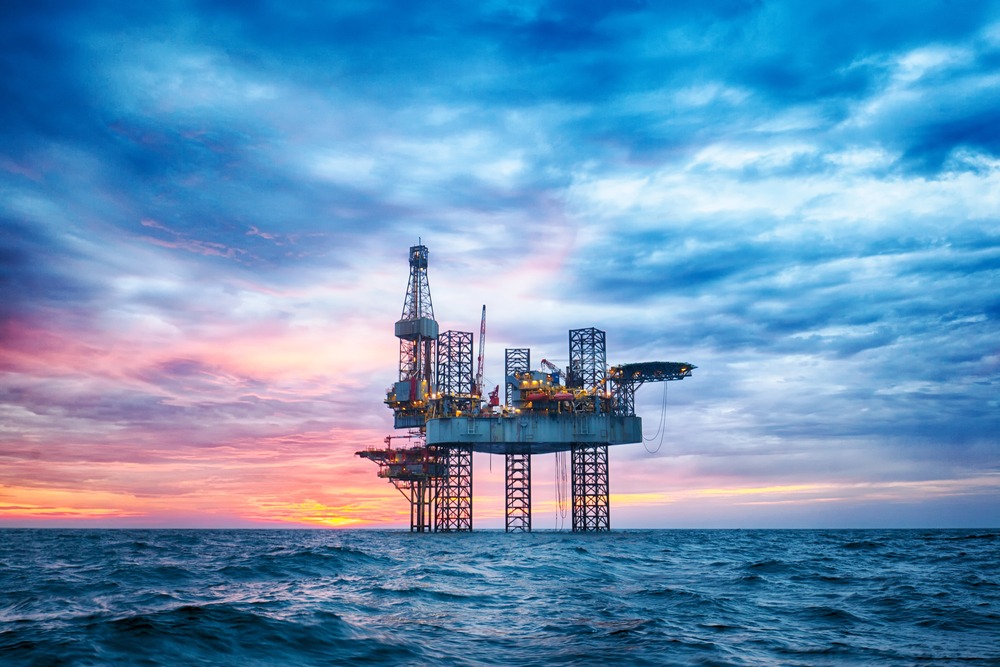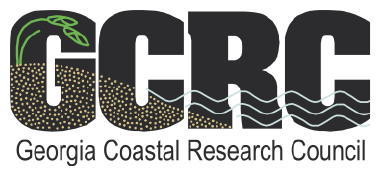
Offshore drilling is a mechanical process in which a wellbore is drilled below the seabed. It is typically carried out in order to explore for and subsequently extract petroleum which lies in rock formations beneath the seabed. Active offshore drilling is currently limited to sites off Alaska, southern California, Louisiana, and Texas.
Below are publications and resources meant to provide information about offshore drilling and its possible environmental and economic impacts on the southeast.
Publications
| Title | Description | Year |
|---|---|---|
| Permanent Protections From Offshore Drilling Benefit Coastal Economies and Help Fight Climate Change | This report is a state-based analyses for East and West Coast states detailing the economic benefits of ending new offshore drilling. Specifically, the analysis looks at the latest available data for ocean-dependent jobs and revenue from fishing, tourism, and recreation along the coasts of Atlantic and Pacific states, as well as Florida’s Gulf coast, and compares them to the economically recoverable oil and gas reserves in those states. | 2021 |
| Permanent Protections from Offshore Drilling Benefit Georgia’s Economy & Help Fight Climate Change | This analysis of the economic benefits of banning offshore drilling states that Georgia would lose over 27,000 jobs and about $1.6 billion in GDP in exchange for only a one-day supply of oil and gas. | 2021 |
| The soundscape of the Anthropocene ocean | The authors review how the changing ocean soundscape of the Anthropocene affects marine life by first summarizing current understanding of the importance of sound to marine animals and the components and ecological relevance of undisturbed ocean soundscapes. They show how ocean soundscapes are changing and use a systematic review of four decades of published research to assess the evidence for the resulting impacts on marine animals. We then discuss how available solutions may help mitigate impacts on marine animals. | 2021 |
| In the Oceans, the Volume Is Rising as Never Before | A new review of the scientific literature confirms that anthropogenic noise is becoming unbearable for undersea life. | 2021 |
| Effects of Seismic Surveys on Marine Organisms | The purpose of this GCRC report is to review and summarize research conducted since 2014. It is primarily focused on marine organisms (zooplankton, fishes, sea turtles, and whales) found off the Georgia coast. However, GCRC also included relevant studies of nonindigenous species, as in many cases information on native species was not available. | 2020 |
| Fact Sheet on Offshore Oil Drilling | This fact sheet is intended to outline potential impacts of offshore oil drilling, and dispel myths that have been put forth by oil drilling proponents. | 2018 |
Resources
| Title | Description | Year |
|---|---|---|
| Judge’s Order Forces Interior Department to Revive Drilling Lease Sales on Federal Lands and Waters | The oil and gas industry claims the Biden administration is dragging its feet on resuming new leases, while climate activists fear Biden might be backtracking on his promise to stop new drilling. | 2021 |
| Georgia Senate Resolution 88 | This is a resolution before the Georgia Senate in support of Georgia's coastal tourism and fisheries and opposing seismic testing and oil drilling activities off of Georgia's coast. | 2020 |
| NEPA Redo Would Speed Drilling Approval | This article by the Coastal Review Online discusses the effect changes to NEPA proposed by the Trump administration could have on the North Carolina coastal permitting process. | 2020 |
